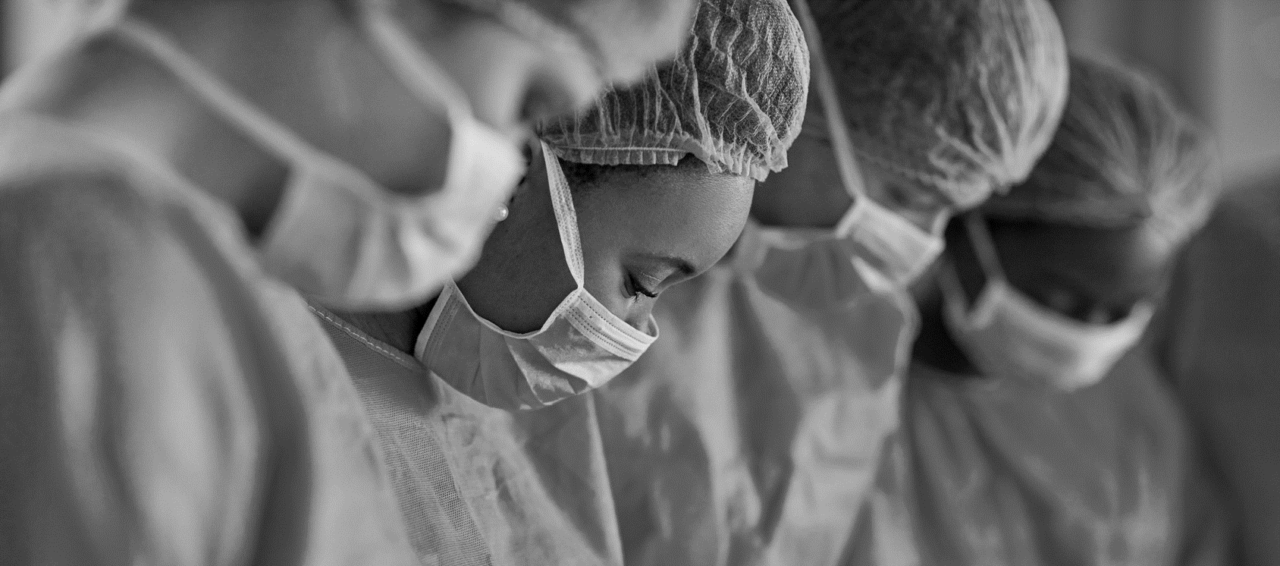The Global Health 2030 group was created in October 2016. It brings together personalities who have long been involved in global health issues.
As an independent think tank, our aim is to produce, disseminate and promote ideas, analyses and recommendations that are likely to influence the public policies and strategies of French players in the field of global health.
Global Health 2030’s reflections are in line with the Sustainable Development Goals (SDGs), which set an international agenda for the fight against poverty, the protection of the planet and the search for prosperity by 2030.
What do we do?
Global Health 2030 aims to make recommendations on France’s global health policy and to mobilize all stakeholders to make health issues a strategic focus of French international aid.
We wish to defend issues that meet the essential needs of populations in countries with limited resources, and particularly those that mobilize the particular strengths and know-how of French global health actors.
Global Health 2030 wishes to engage in a dialogue with all the actors involved in the making of France’s international health policy, from public actors to private actors who share our conception of global health, as well as civil society partners and philanthropic organizations
Board and members
-
Jean-François DelfraissyPRESIDENT
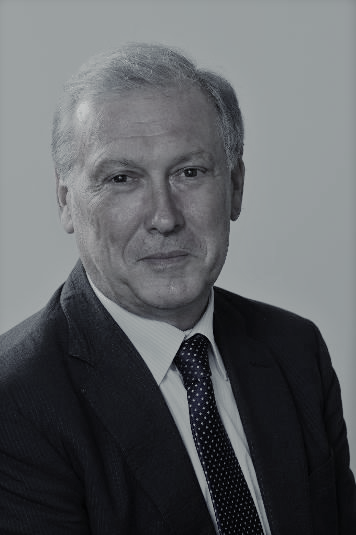
-
Marie-Paule KienyVICE-PRESIDENT AND TREASURER
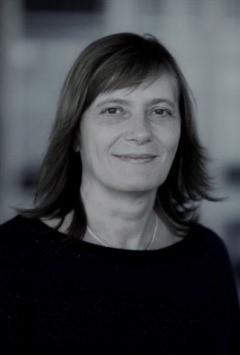
-
François DabisSECRETARY GENERAL
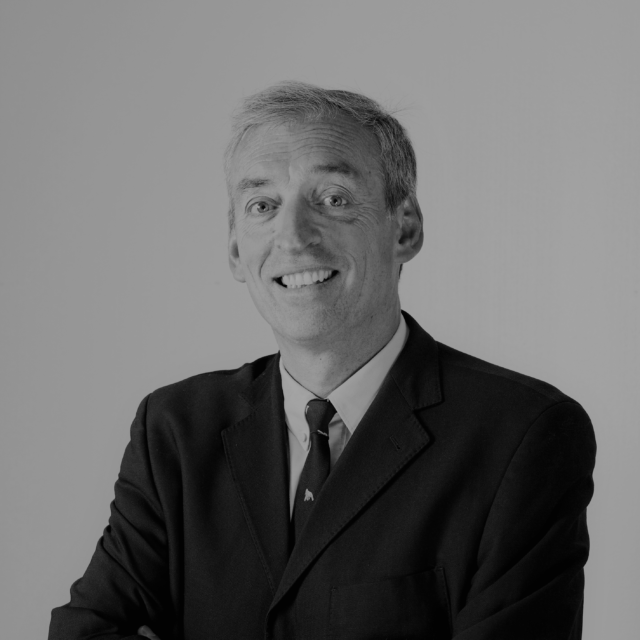
-
Frédéric GoyetASSISTANT SECRETARY GENERAL

-
Sana de CourcellesMEMBER
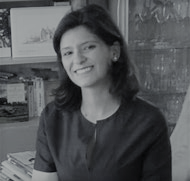
-
Annabel Desgrées du LoûMEMBER
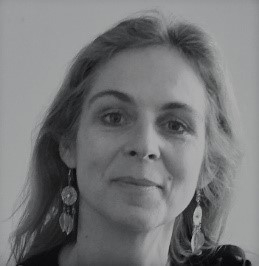
-
Eric FleutelotMEMBER
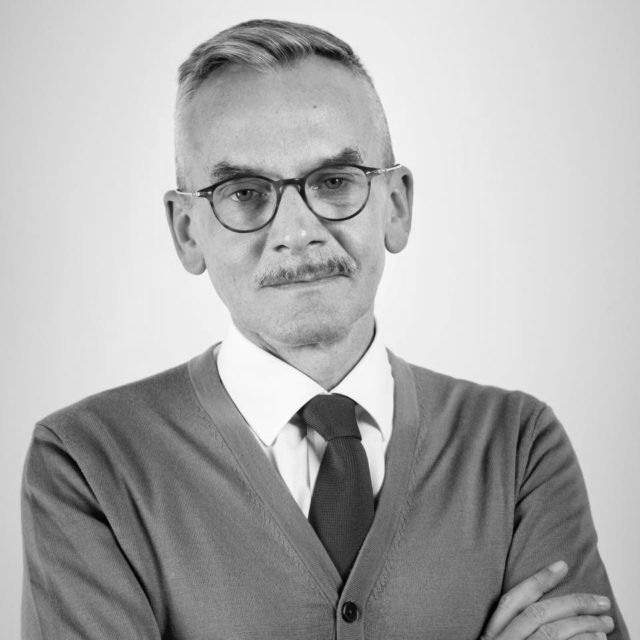
-
Michel KazatchkineMEMBER

-
Mathieu LamiauxMEMBER

-
Lelio Hernan MarmoraMEMBER

-
Benoit MiribelMEMBER
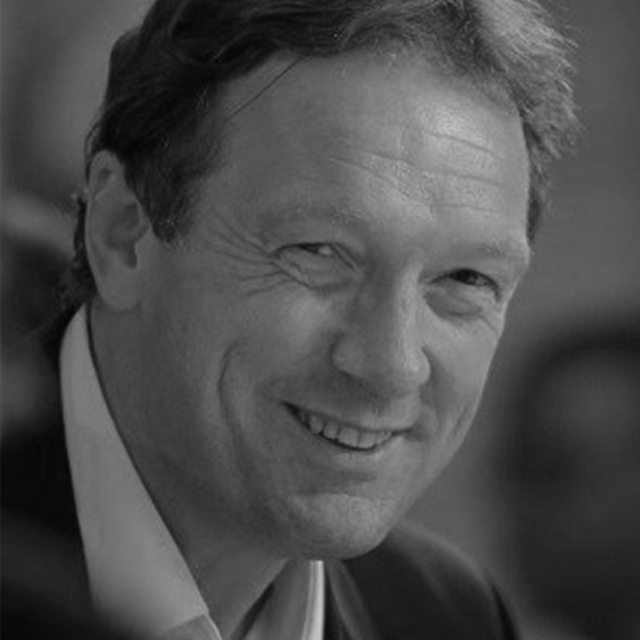
-
Louis PizarroMEMBER
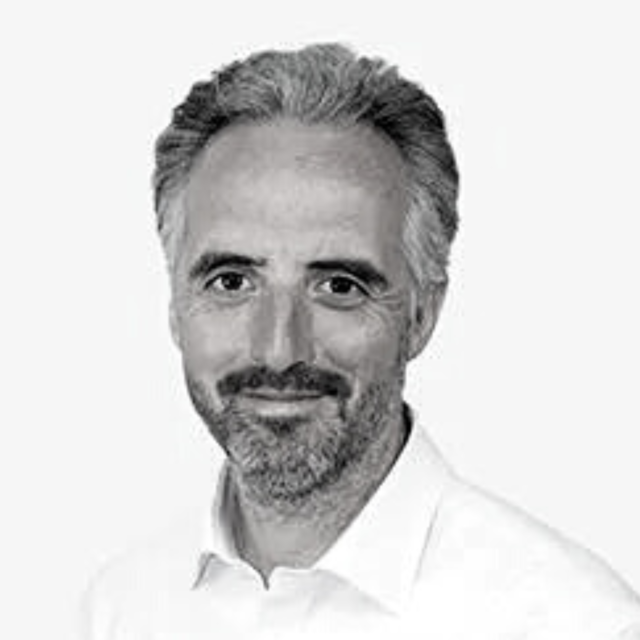
-
Amélie SchmittMEMBRE
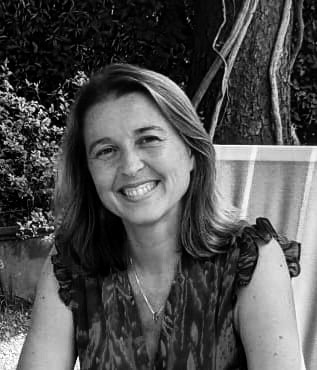
-
Agnès SoucatMEMBER
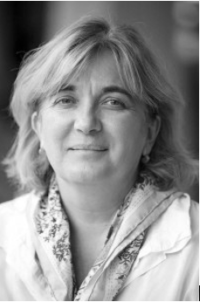
-
Stéphanie TchiombianoMEMBER
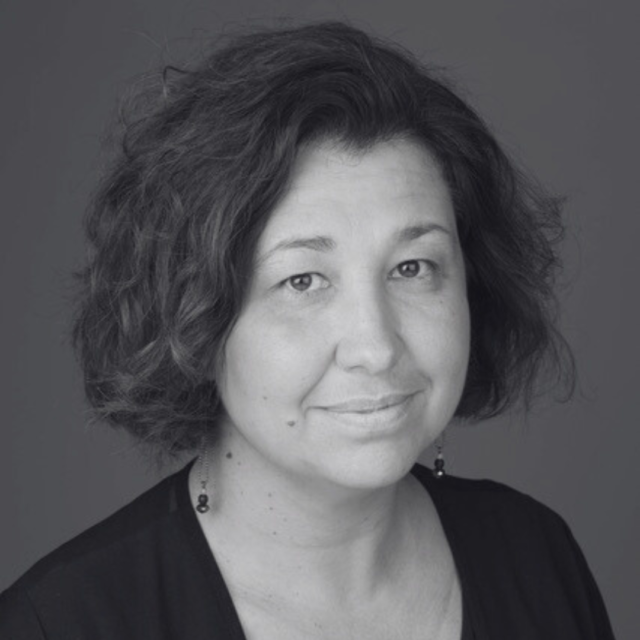
-
Yves Martin-PrévelASSOCIATE EXPERT
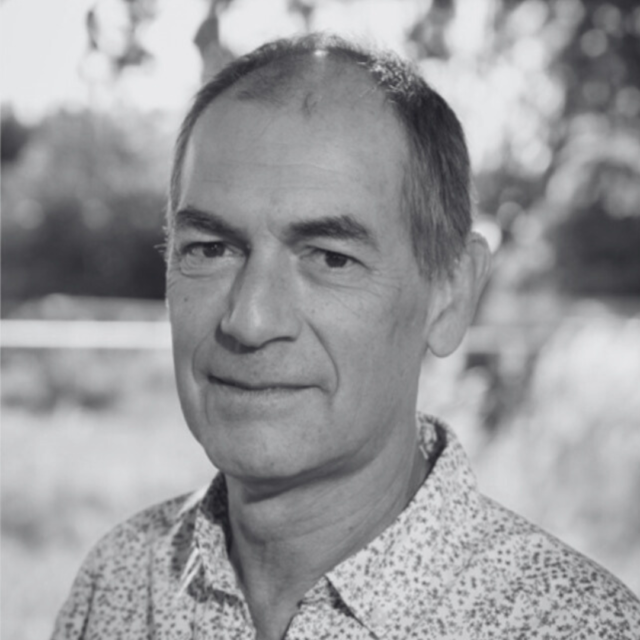
-
Kévin JeanASSOCIATE EXPERT
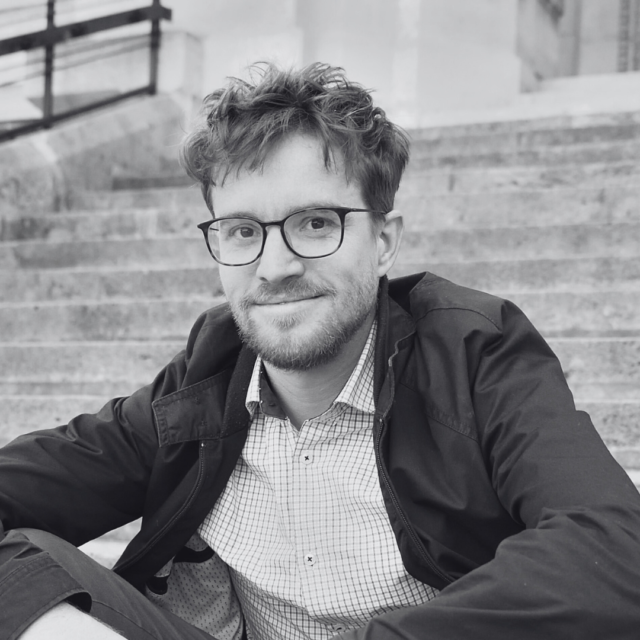
-
Lucie AdelaïdeRESEARCH ASSOCIATE
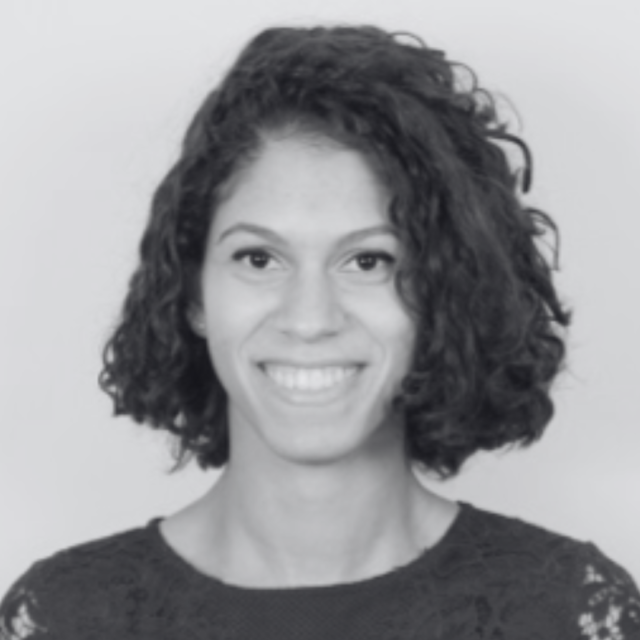
-
Jessica BorgesCOORDINATOR
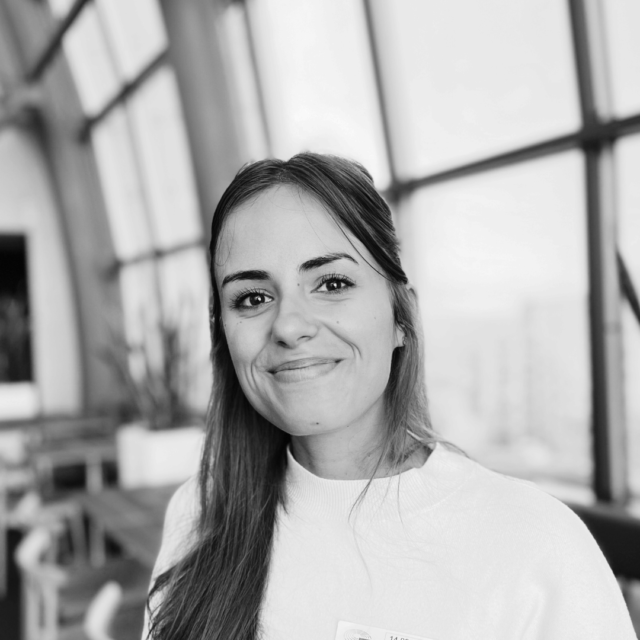
-
Jeanne ValliINTERN

-
Olivier NayHONORARY MEMBER
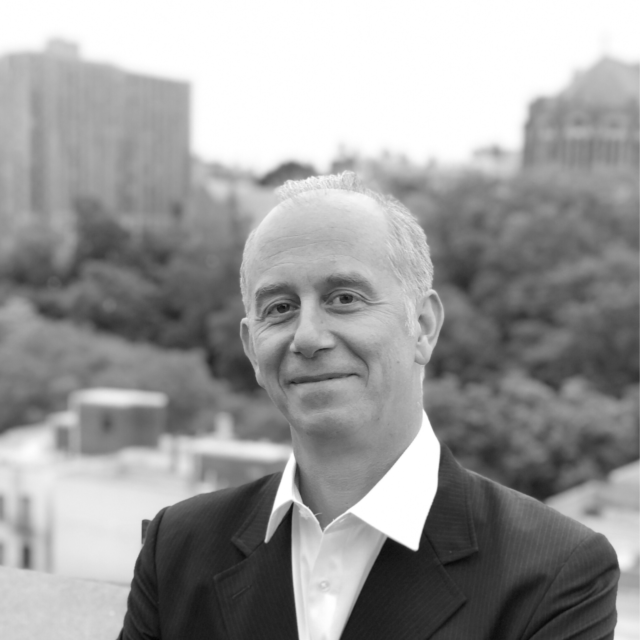
-
Paul BenkimounHONORARY MEMBER
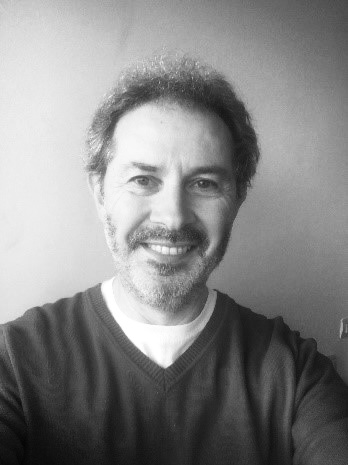
-
Françoise Barré-SinoussiHONORARY MEMBER
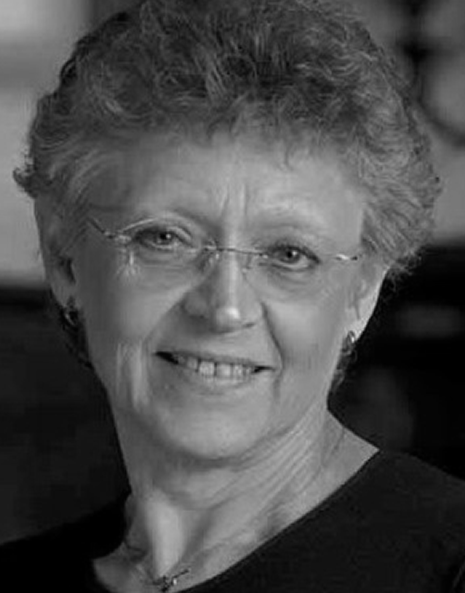

Jean-François Delfraissy

Marie-Paule Kieny
Dr Marie-Paule Kieny chairs the Governing Board of the Medicines Patent Pool Foundation (MPPF, Geneva, Switzerland). She is also the Chair of the Board of the Drugs for Neglected Diseases Initiative (DNDi, Geneva, Switzerland), a member of the Board of Fondation Mérieux (France) and a Non- Executive Independent Director of bioMérieux (Lyon, France). She is a member of the scientific advisory group of several organizations working in the area of health. Until May 2022, she was Director of Research at Inserm (Paris, France), a position where she chaired the French Scientific Committee on COVID-19 vaccine. Until June 2017, Dr Kieny served as the Assistant Director-General for Health Systems and Innovation at the World Health Organization. Key successes under her leadership roles at WHO include coordinating the WHO R&D efforts during the 2014-2016 West-African Ebola epidemic and conceptualizing the WHO R&D Blueprint, a global preparedness plan against emerging diseases’ epidemics.
Before joining WHO, Dr. Kieny held top research positions in the public and private sectors in France.
Dr. Kieny received her PhD in Microbiology (1980) from the University of Montpellier. She published over 350 articles and reviews, mainly in the areas of infectious diseases, immunology, vaccinology and health systems. Marie-Paule Kieny was awarded the title of Officier de l’Ordre National du Mérite in France in 20021 and of chevalier de l’Ordre National de la Légion d’honneur in France in 2016. She was the recipient of the International Inserm Prize in 2017.

François Dabis
François Dabis is a Doctor of Medicine, Professor of Epidemiology at the School of Public Health (ISPED) at the University of Bordeaux. He has more than 35 years of experience in research on global health, and more specifically on HIV epidemiology and prevention, viral hepatitis, sexual diseases, maternal and child’s health, and health systems.
From March 2017 to December 2020, he was the Director of the French national agency of research on AIDS and viral hepatitis (ANRS). In 2021, he became again a member of the research team “Global Health in Global South” of the INSERM Public Health Unit/Center at the Institute of Public Health (ISPED). His research programmes are being conducted in France and West Africa, particularly in Côte d’Ivoire, South Africa and Zimbabwe.
François Dabis chairs the second roadmap (2021-2024) of the national sexual health Strategy. He also advises the French Governement on the WHO Academy and on teaching global health. To date, he has published 795 articles in international journals (Source: PubMed/Medline) and numerous book chapters and his H index is 83 (Source: Web of Science). François Dabis published at the end of 2012 as Coordinating Editor a reference book in French on Field Epidemiology.

Frédéric Goyet
Frédéric Goyet is a doctor, specialist in public health, currently HIV-STI-Hepatitis and sexual health Referent of the ARS Ile de France.
He was then Policy Advisor to the Director of External Relations of the Global Fund to Fight AIDS, Tuberculosis and Malaria in Geneva, where he was more specifically in charge of monitoring the international processes that could affect the activity, or resources, of the Global Fund (G8, G20, post-2015 agenda, etc.), from 2014 to 2017.
Frédéric began his career as a doctor in rural Ethiopia, Sudan and Cambodia for humanitarian organizations. In France, he managed a network of health professionals involved in the care of people living with HIV. He joined the Ministry of Health in 1996, and worked as a departmental medical inspector, in charge of HIV/AIDS prevention and care programmes, care for prisoners and the most vulnerable populations.
From 2001 to 2007, then from 2011 to 2012, he was seconded to the Ministry of Foreign Affairs, as advisor for HIV/AIDS and then as head of the health office at the Directorate General for Globalization. From 2008 to 2010, he was seconded to the European Commission, Directorate for Development Cooperation, as advisor for HIV/AIDS, access to medicines and relations with the Global Fund to Fight AIDS, Tuberculosis and Malaria. From 2012 to 2014, he was advisor for the international strategy of the director of GIP ESTHER, a French public organization for bilateral cooperation in the field of HIV/AIDS and health, which operates mainly through hospital partnerships.

Sana de Courcelles
Sana de Courcelles is an expert in public health and international diplomacy, currently affiliated with the International Labour Organization (ILO), where she leads the secretariat of the Global Coalition for Social Justice.
With extensive experience in global health governance and policy, she has held positions at the WHO, GAVI and the Permanent Representation of France to the United Nations in Geneva as health advisor.
Ms. de Courcelles was an affiliated professor and Executive Director of the School of Public Affairs at Sciences Po. As a certified company director, she is a member of the board of directors of Santé publique France and of the board of the Médecins du Monde Foundation.

Annabel Desgrées du Loû
Annabel Desgrées du Loû is a Director of Research in Demography at the Institut de Recherche pour le Développement (IRD).
After studying biology at the Ecole Normale Supérieure in Paris, she completed a thesis in demography on the impact of vaccinations on the health and mortality of children in Africa. Recruited then at the IRD, she conducted research on demographic and social issues in several fields of health: family planning, prevention of mother-to-child transmission of HIV/AIDS, HIV/AIDS prevention in vulnerable populations, the place of the disease in the migration process. Drawing on her dual training in biology and social sciences, she favours a multidisciplinary approach to health issues.
Currently working at the Population and Development Centre in Paris (CEPED, UMR IRD-University Paris Descartes), she is a member of the Scientific Committee of IRD and a member of the Committee for the Monitoring and Anticipation of Health Risks (COVARS).
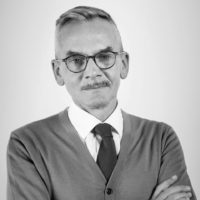
Eric Fleutelot
Eric Fleutelot is the Technical Director of the major pandemics division of Expertise France’s Health Department. In this capacity, he coordinates the 5% AIDS, Malaria and Tuberculosis Initiative.
He was previously Regional Advisor on Global Health in Southeast Asia, based at the French Embassy in Bangkok. For the French Ministry of Foreign Affairs and International Development, he supervised and monitored French investments in health in 10 South-East Asian countries, also liaising with scientific research, public health decision-makers and various French operators.
Until 2014, he was also Deputy Managing Director of Sidaction, where he contributed to the development of community programs for access to care and treatment mainly in Sub-Saharan Africa.
Eric Fleutelot has contributed to the development of innovative programmes, such as one for drug users in Nepal, in partnership with Nava Kiran Plus. He is also part of the team that set up the largest orphan support programme in Burundi, a country with almost 2000 children orphaned by AIDS.
Eric Fleutelot was made Knight of the National Order of Merit in 2007.

Michel Kazatchkine
Professor Kazatchkine has dedicated the last 30 years to the fight against AIDS and global health as a physician, researcher, diplomat and administrator.
The Professeur Kazatchkine is a doctor and a professor emeritus at l’Université Paris-Descartes. He was the director of the National Agency for Research on AIDS and Viral Hepatitis (ANRS) in France from 1998 to 2005, and the Ambassador in charge of the fight against HIV/AIDS and communicable diseases from 2005 to 2007.
The Pr Kazatchkine war the Executive Director of the Global Fund to Fight AIDS, Tuberculosis and Malaria (GFATM) from 2007 to 2012. He then was appointed Special Envoy of the UN Secretary General on HIV/AIDS in Eastern Europe and Central Asia.
From January 2020, the Professor Kazachtine is the Special Adviser of the Europe Bureau at WHO. He is a ‘Senior Fellow’ of the Centre mondiale de l’Institut des Hautes Etudes en Affaires Internationales et Développement à Genève, and he is a member of the Global Commission on Drug Policies.
He has been a member of the Independent Panel for Pandemic Preparedness and Response of during Covid-19.
Professor Kazatchkine holds Honorary Doctorates from the Imperial College in London, the Université Libre de Bruxelles and the Catholic University of Leuven. He is an Officer of the Legion of Honour and the National Order of Merit.

Mathieu Lamiaux
Mathieu Lamiaux is an Associate Director in the Paris office of the Boston Consulting Group. He is responsible for the Healthcare center of expertise in Western Europe and South America. Mathieu Lamiaux is also a key member of the Marketing, Sales & Pricing and Global Advantage Committee.
He also coordinates BCG’s Global Health activities in Europe and works closely with the WHO, the Global Fund and private partners in the fight against HIV/AIDS, tuberculosis and malaria.
A graduate of HEC Entrepreneurs, Mathieu Lamiaux previously worked for the Agence Française de Développement in Cameroon and Equatorial Guinea.

Lelio Hernan Marmora
Lelio Marmora has worked in international development for more than 30 years. He is a member of the Board of the MTV Foundation (London, UK), a Non-Executive Independent Director of Orasure Technologies (Bethlehem, USA), and sits in several public and private strategic advisory groups in global large-scale investments. Since 2022, he is also a guest lecturer at the Peking University (Beijing, China).
He served as Executive Director of Unitaid in Geneva, Switzerland, from 2014 to 2020. Prior to that, he worked 8 years at the Global Fund to Fight AIDS, TB and Malaria, first in charge of the Latin America and the Caribbean region, and then as Director for Africa and the Middle East. Earlier in his career, Lelio Marmora worked in various capacities for the World Bank, the Inter American Development Bank and several United Nations agencies.
A lawyer graduated from the Universidad de Belgrano of Buenos Aires; he holds a DESS in International Administration of the University Paris II Panthéon-Assas.

Benoit Miribel
Benoit Miribel is the Secretary General of Une Santé Durable pour Tous since June 2020.
From May 2021, he is a member of the Economic, Social and Environnemental Council (ESEC).
He chairs Bioport, a humanitarian logistic platform, and the association Earthwake (plastic recycling).
He chaired the French Center of Fondations Founds (CFF) (2015-2022).
He was the Chief Executive of the Fondation Mérieux (2007-2017) and, then, the Health Director of the public Institute Mérieux (2018-2020).
He is the Horonary Chairman of Action contre la Faim (ACF), an association he chaired (2010-2013) and he led (2003-2006). He chaired the Bioforce Institute (1997-2002)
He co-founded the Alternatives Humanitaires journal and the Forum Espace Humanitaire (FEH). He is a member of the Think Tanks Santé mondiale 2030 and Re-Sources (WASH). He is a member of the Friendship France’s board of directors (Bengladesh).
He is a former member of the European Foundation Center’s board of directors, and of VOICE (the European network of humanitarian NGO).
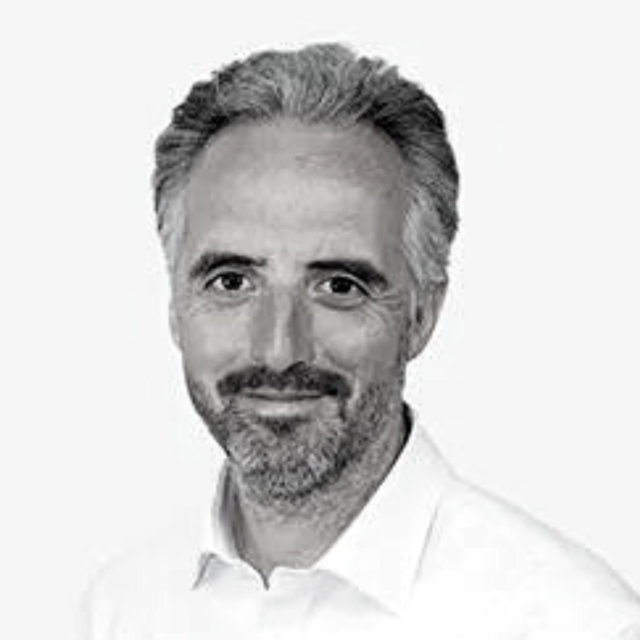
Louis Pizarro
Louis Pizarro, a doctor, also holds a degree in international relations from Sciences Po Paris and an MBA from EHESP. He served as Head of Mission of Solthis in Niger before becoming Director General at the organization’s headquarters until 2020. Nowadays, he works in Geneva in an international organization.
He is also a lecturer in global health at Sciences Po Paris and Paris I Panthéon-Sorbonne.

Amélie Schmitt
Amélie Schmitt has been Counselor for Social Affairs at the Permanent Mission of France to the United Nations in Geneva, in charge of Global Health, since October 2021.
Previously, she worked at the WHO Office for Europe, at the regional level as Senior Advisor in the Office of Noncommunicable Disease Prevention and Control and at the country level as Senior Health Systems Advisor in the WHO Moscow Office.
Before joining the WHO European Office, she was Senior Advisor to the WHO Assistant Director-General for Health Systems and Universal Health Coverage in Geneva.
Formerly in charge of European international affairs at the French Ministry of Health’s Directorate General for Health, she represented France on the OECD Health Committee, the WHO Executive Board, WHO/Euro and EU governing bodies.
She began her professional career in international NGOs and joined the French government to support the first French ambassador for HIV/AIDS. Her training in public policy and political science at the Paris Institute of Political Studies also led her to cross-sectoral action, and she worked for ten years as a senior technical advisor at the International Labour Organization, providing technical assistance to national government decision-makers, employers’ and workers’ organizations worldwide on occupational health and safety, social exclusion and youth employment, and as a focal point on HIV/AIDS.

Agnès Soucat
Currently Head, Division of Health and Social Protection at the AFD, Agnès Soucat has been director of Governance and Financing of Health Systems at the WHO. She previously worked at the African Development Bank and the World Bank. She has developed an expertise for more than 20 years on issues of poverty reduction, health financing and social protection in more than 70 countries in Europe, Asia and Africa. She holds an MD a Master in Nutrition from University of Nancy and an MPH and Ph.D in health economics (doctorate) from Johns Hopkins University.
She was co-author of the 2004 World Bank report “Making Services Work for Poor People” and the Lancet Commission report “Global Health 2035: a world converging within a generation”. She has also written on innovative health financing (community-based health insurance schemes, performance-based financing) and on health labour market dynamics in Africa etc.).

Stéphanie Tchiombiano
Stéphanie Tchiombiano holds a doctorate in Political Science and is an Associate Lecturer in the Department of Political Science at Paris 1 Panthéon-Sorbonne. She is also a member of the African Worlds Institute (IMAF). Her research focuses on international public action and the governance of global challenges. In her doctoral work, she examined the sociology of international organisations and the spread of neoliberal approaches within the health sector, using the Global Fund to Fight AIDS, Tuberculosis and Malaria in Niger as a case study. She also co-leads the Master’s programme in Development and Humanitarian Action at Paris 1.
Stéphanie has over fifteen years of field experience in West and Central Africa, where she worked on health and HIV programmes—first as Country Director for the French Red Cross in Niger, Mali, Chad and Burkina Faso, and later with the NGO Solthis in Niger, Mali and Guinea. Upon returning to France, she served from 2012 to 2015 as coordinator of L’Initiative (HIV, tuberculosis, malaria), a technical assistance mechanism led by the Ministry for Europe and Foreign Affairs and managed by Expertise France.
She went on to serve for seven years as the salaried coordinator of the think tank Santé mondiale 2030 and has continued her engagement as a member since September 2024.

Yves Martin-Prével
Yves Martin-Prével is an epidemiologist and holds a medical doctorate (University of Montpellier), a postgraduate diploma (DESS) in Nutrition and Food in Developing Countries (University of Montpellier), a master’s degree (DEA) in Statistics and Health (Paris 11), and a PhD in Public Health (Paris 6). He is a senior research director (directeur de recherche de classe exceptionnelle) at the French National Research Institute for Sustainable Development (IRD), working within the MoISA Joint Research Unit.
For nearly 35 years, Yves Martin-Prével has worked in the field of public nutrition, spending many years based in Africa. His main areas of research include maternal and child nutrition, dietary diversity indicators, the links between food systems and nutritional status, urban nutrition, the evaluation of interventions, and nutrition surveillance systems. From 2016 to 2023, he served as Director of the IRD’s “Health and Societies” scientific department, and as an adviser to the President and CEO on sustainable food systems.
Yves Martin-Prével has long worked at the interface of science and operational development structures, serving as an expert on numerous technical committees and working groups for international organisations. These include the Global Nutrition Report (2014–2017), Compact2025 (2015–2020) led by IFPRI, the MEAL (Monitoring, Evaluation, Accountability and Learning) working group of the Scaling Up Nutrition (SUN) Movement (2017–2020), the NIPN (National Information Platforms for Nutrition) initiative (2016–2021), and the European Commission’s nutrition advisory service (2009–2019). In France, he contributed to drafting the French Strategic Policy Document on Maternal and Child Undernutrition in Developing Countries, and regularly participates in the activities of the Interministerial Group on Food Security (GISA), the Monitoring Committee of the National Nutrition and Health Programme (PNNS 4), and the Steering Committee for the preparation of France’s Global Health Strategy (2023–2027).

Kévin Jean
Kévin Jean is an epidemiologist and junior professor in Health and Global Changes at the Department of Biology, ENS-PSL. In his research activities, he articulates epidemiological and mathematical modeling tools to evaluate prevention strategies, and especially to document the health co-benefits of climate change adaptation and mitigation policies. In particular, his works focuses on quantifying the public health implications of net zero emission scenarios through expected changes in various health determinants (air quality, diet, physical activity). His work has also focused on the prevention of infectious diseases (HIV, yellow fever, HCV, COVID-19) and occupational diseases (musculoskeletal disorders).
From 2016 to 2024, he was Associate Professor at the Conservatoire national des arts et métiers (Cnam, Paris) after a postdoctoral fellowship at the at Imperial College London (2015-2016) and a PhD at the Center for Research in Epidemiology and Population Health (CESP, INSERM, 2011-2014). He obtained his Habilitation à Diriger des Recherches (HDR) in 2023.

Lucie Adelaïde
Lucie Adelaïde holds a doctorate in Pharmacy and in Public Health – Epidemiology. Driven by a strong interest in the intersections between climate change, social inequalities, and health, she has contributed to several projects at Santé publique France and Inserm.
She currently serves in a coordination role at Inserm and is actively involved with the think tank Santé mondiale 2030, where she works to advance thinking and action on the interrelated issues of health, the environment, and climate.

Jessica Borges
Jessica Borges holds a Bachelor’s degree in Applied Foreign Languages from Lettres Sorbonne Université and a Master’s degree in Conflict Prevention, Resolution, and Arbitration, with a specialisation in the management of international organisations and businesses, from the School of International and Political Studies (École des Hautes Études Internationales et Politiques).
She gained valuable experience at the International Association of National Public Health Institutes (IANPHI) before joining the think tank Santé mondiale 2030 in November 2024.

Jeanne Valli
Convinced of the importance of global approaches to health, Jeanne Valli joined the think tank as an intern in September 2025.
She holds a Bachelor’s degree in Global Public Health from Leiden University (Netherlands) and a Master’s degree in International Humanitarian Action from Uppsala University (Sweden). Following her graduation, she worked for a year with NGO Action Against Hunger, both at headquarters in France and in the field in Zimbabwe. There, she notably contributed to assessing medical needs as part of the response to a cholera outbreak.

Olivier Nay
Olivier Nay is Professor of Political Science at the University Paris 1 Panthéon-Sorbonne, attached to the Centre d’études et de recherches administratives politiques et sociales (CNRS 8026). There, he directs the Master 2 program « Development and Humanitarian Action ». He is a member of the Institut universitaire de France.
He was Senior Adviser to the Global AIDS Coordinator at UNESCO (2003-07) and he collaborated with the UNAIDS program and the World Bank.
Olivier Nay has been a junior member of the Institut universitaire de France (2008-12), President of the Political Science Section of the National Council of Universities (2009-2015) and Vice-President of the Permanent Commission of the National Council of Universities (2011-15). He was the Vice-President of the French Political Science Association (2010-16) and a member of the Executive Committee of the International Political Science Association (IPSA).
He was also a visiting professor at Columbia University in 2018 (New York).
He is the author of numerous scientific publications on international governance, development aid policies and global health.

Paul Benkimoun
Paul Benkimoun is a general practitioner. He has taught health policy and risk management at Sciences Po Paris and Sciences Po Bordeaux. Since 1999, he has been a medical journalist with Le Monde newspaper.

Françoise Barré-Sinoussi
Françoise Barré-Sinoussi, a researcher involved in retrovirology research since the early 1970s, is known for her contributions in the field of AIDS, particularly the discovery of HIV in 1983. Honorary President of Virology Departement and of the Pasteur Network, Honorary President of the international network of Pasteur Institutes, she has led work on the pathogenesis of HIV/AIDS, in particular on the mechanisms necessary to control HIV / SIV infections and/or the inflammation and deleterious activation of T lymphocytes induced in response to these infections.
Beyond her research activities, Françoise Barré-Sinoussi is an activist of multidisciplinary and translational research, and of international collaboration in response to the expectations of patients wherever they are in the world. In accordance with her commitments to capacity building and training in Africa and Southeast Asia, she has a long experience of collaboration with countries with limited resources, in relation to the international network of the Institut Pasteur and the coordination of ANRS AIDS research programs in Cambodia, Vietnam and in Africa. In 2010, she launched the International AIDS Society (IAS) initiative “Towards a cure for HIV infection” as part of her strong involvement in advocacy to accelerate evidence-based public health interventions.
Françoise Barré-Sinoussi is author and co-author of more than 300 original publications and more than 125 articles in books. Invited to more than 400 international conferences and/or meetings, she was President of the IAS from 2012 to 2014 and remains a member and/or chair of numerous international scientific councils or advisory committees. Since 2009, she has been a member of the National Academy of Sciences in France. She has also received more than 40 national and international awards and distinctions, including the Nobel Prize in Medicine in 2008 for her contributions in the field of HIV/AIDS.
Officially retired, Françoise Barré-Sinoussi remains active on the international scene. President of Sidaction since November 2017, she currently chairs the ANRS Scientific Council and is still co-chair of the IAS initiative “Towards an HIV Cure”. Honorary President of the International Network of Pasteur Institutes, she will continue to play a major role in addressing global health challenges.
